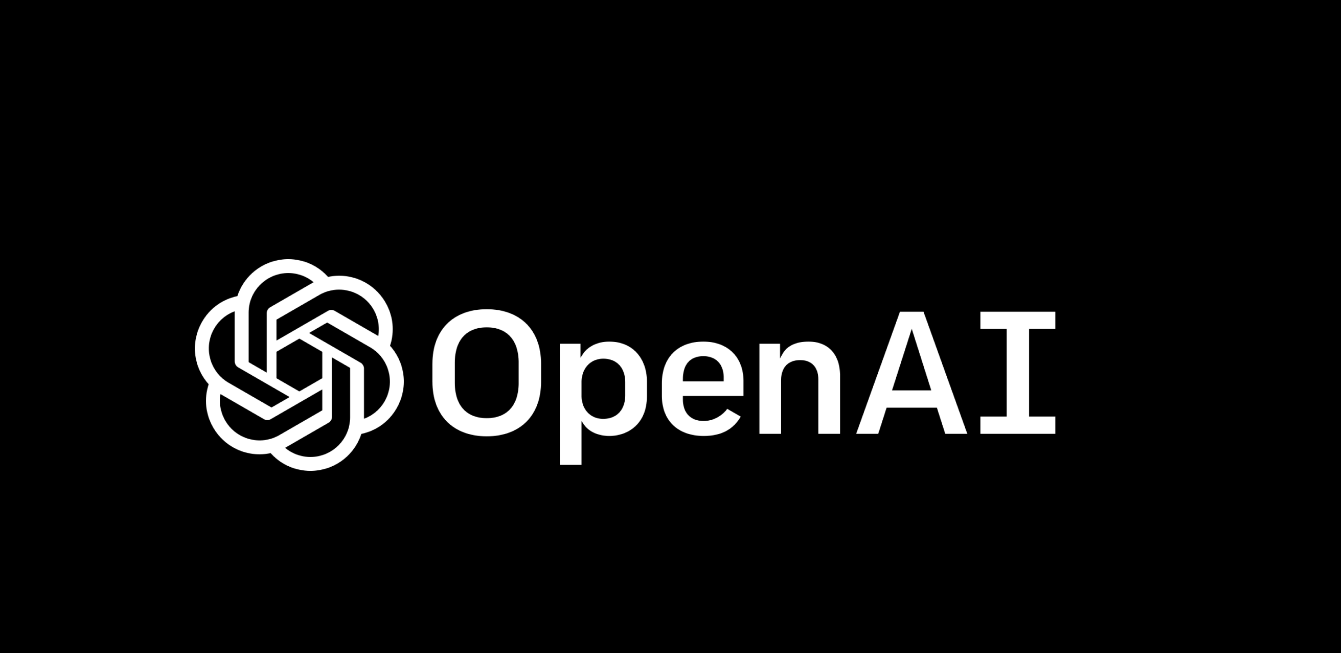OpenAI has outlined its ambitious “blueprint for U.S. AI infrastructure,” underlining AI economic zones, private investment in government-backed projects, and leveraging nuclear power expertise, according to a document reviewed by CNBC. The blueprint, set to be presented in Washington, D.C., aims to position the U.S. as a global leader in AI while competing with China’s rapidly advancing initiatives.
The document highlights a “National Transmission Highway Act,” inspired by the 1956 Interstate Highways Act, to modernize the nation’s energy grid with expanded power and fiber connectivity. OpenAI suggests that the government could incentivize private investors by committing to energy purchases to reduce financial risks.
OpenAI sees AI economic zones co-developed by federal and state governments to streamline permitting for AI infrastructure. These zones would promote renewable energy projects, repurpose unused nuclear reactors, and integrate public universities into AI research and development. The company predicts that such initiatives could generate tens of thousands of jobs, boost GDP, and attract billions in global investment.
The blueprint also proposes a North American AI alliance to strengthen collaboration among Western nations and potentially expand into a global network, with particular interest in partnerships with Gulf countries like the UAE.
Chris Lehane, OpenAI’s head of global policy, underscored the potential of the Midwest and Southwest for AI development due to their land availability and energy infrastructure opportunities. Lehane pointed to agricultural data in states like Kansas and Iowa as ripe for localized AI applications, suggesting these regions could become hubs for AI-driven innovations tailored to their economies.
Lehane also stressed the urgency of competing with China, which has approved numerous nuclear reactors in recent years to power its AI infrastructure. He noted that the U.S. must mobilize quickly, estimating the need for 50 gigawatts of energy by 2030 to sustain AI growth.
Lehane said that maintaining a technological edge is not optional, remarking that competition with China is inevitable and essential for the U.S. to lead in the AI era.






